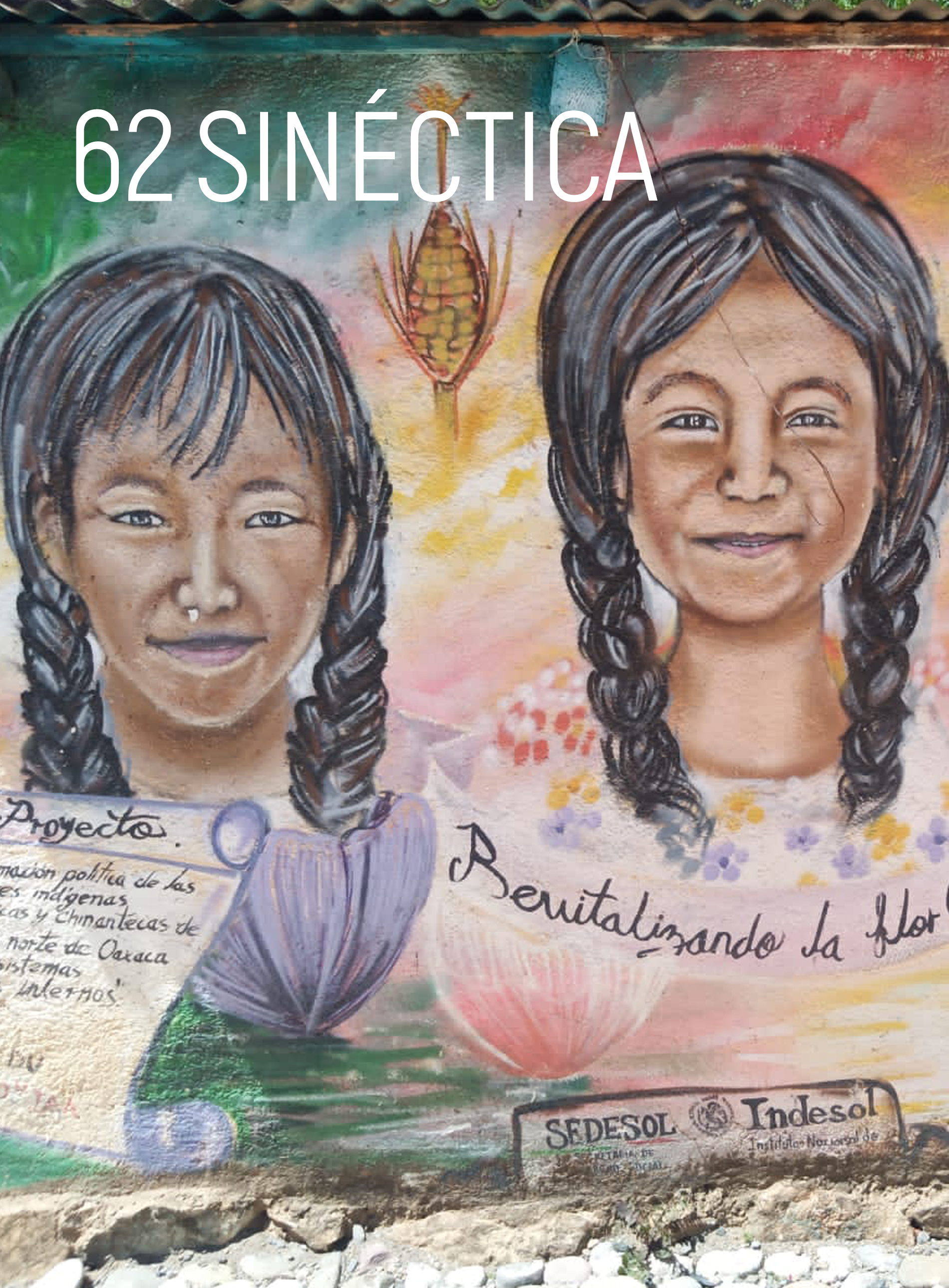Extreme teaching and the politics of teachers’ working conditions at the peripheries of the Mexican education system
Palabras clave:
teacher quality discourse, neo-liberalism, education policy, working conditions, extreme teaching, educational changeResumen
The term ‘extreme teaching’ refers to a combination of working conditions that appear to make teaching impossibly difficult for indigenous teachers’ at the periphery of the Mexican education system. An attention to the reality of teaching conditions ‘on the ground’ creates a counterweight to the theoretical universalisms of education policy, and more specifically to the discourse of teacher quality that position teachers as autonomous professionals, ‘free’ to become fully competent if motivated and ‘incentivized’. A broad overview of the characteristics of indigenous teachers’ experience and working conditions is followed by a discussion of factors inhibiting all-important communication and critical dialogue between teachers. I argue that in the diminished professional environment of extreme teaching the teacher quality discourse and its contemporary policy technologies become particularly dissonant, if not surreal. By way of conclusion I argue that the neo-liberal agenda can be better contextualized and understood by paying greater attention to teachers’ working conditions, especially at the margins of education as they become increasingly permeated by its discourses. Such an attention would help avoid a bad fit between policy and reality and help create a more teacher centred agenda for educational change.
Descargas
Citas
Como citar este artículo: Keck, Ch. (enero-junio, 2016). Extreme teaching and the politics of teachers’ working conditions at the peripheries of the Mexican education system. Sinéctica, 46. Recuperado de: https://sinectica.iteso.mx/index.php/SINECTICA/article/view/629
Descargas
Publicado
Número
Sección
Licencia

Esta obra está bajo una Licencia Creative Commons Atribución-NoComercial 4.0 Internacional.
Los autores que publican en Sinéctica están de acuerdo con los siguientes términos:
Los autores conservan los derechos de autor y otorgan a la revista el derecho de primera publicación de la obra autorizada simultáneamente bajo una licencia de atribución de Creative Commons, la cual permite a otros compartir el trabajo siempre y cuando se reconozca tanto la autoría de la obra como la publicación inicial en esta revista.
Los autores pueden celebrar acuerdos contractuales adicionales por separado para la distribución no exclusiva de la versión publicada de la revista (por ejemplo, publicarla en un repositorio institucional o en un libro), con el reconocimiento de su publicación inicial en esta revista.
Es permitido que los autores publiquen su trabajo en repositorios institucionales o en su propio sitio web antes y durante el proceso de envío, ya que puede generar intercambios productivos, así como una citación anterior y mayor del trabajo publicado.
Nota aclaratoria: A partir de 2017, Sinéctica se rige con base en la Licencia Creative
Commons Atribución-NoComercial 4.0 Internacional, versión que armoniza las licencias a nivel internacional.
Los artículos de 1992 a 2016 están bajo una Licencia de Creative Commons Reconocimiento-NoComercial-SinObraDerivada 4.0 Internacional, la cual permite compartir y distribuir una obra sin fines comerciales y con reconocimiento del autor, pero prohíbe modificar la creación original.





















